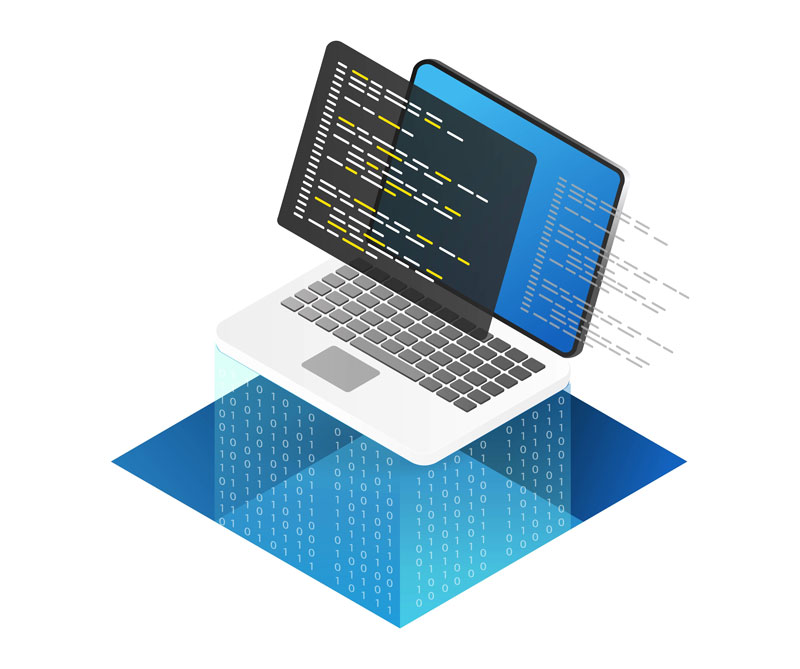JavaScript is a versatile programming language that provides powerful tools for building dynamic web applications. Two fundamental concepts that every JavaScript developer needs to master are functions and operators. In this comprehensive guide, we’ll explore both topics in detail.
Part 1: JavaScript Functions
What Are Functions?
Functions are reusable blocks of code that perform specific tasks. They are one of the building blocks of JavaScript and help make your code more organized and maintainable. Think of them as mini-programs within your program.
It’s like a reusable recipe for your code!
Function Declaration
There are several ways to create functions in JavaScript:
javascriptCopy// Function Declaration
function greet(name) {
return `Hello, ${name}!`;
}
// Function Expression
const greet = function(name) {
return `Hello, ${name}!`;
};
// Arrow Function (ES6+)
const greet = (name) => `Hello, ${name}!`;
Function Parameters and Arguments
Functions can accept parameters (variables listed in the function definition) and arguments (actual values passed to the function):
javascriptCopyfunction multiply(a, b) { // Parameters: a, b
return a * b;
}
console.log(multiply(5, 3)); // Arguments: 5, 3
Return Values
Functions can return values using the return statement. If no return statement is specified, the function returns undefined:
javascriptCopyfunction add(a, b) {
return a + b; // Returns the sum
}
function logMessage(msg) {
console.log(msg); // No return statement
}
Part 2: JavaScript Operators
Arithmetic Operators
Used for mathematical operations:
- Addition (+)
- Subtraction (-)
- Multiplication (*)
- Division (/)
- Modulus (%)
- Exponentiation (**)
javascriptCopylet a = 10;
let b = 3;
console.log(a + b); // 13
console.log(a - b); // 7
console.log(a * b); // 30
console.log(a / b); // 3.333...
console.log(a % b); // 1
console.log(a ** b); // 1000
Assignment Operators
Used to assign values to variables:
javascriptCopylet x = 5; // Basic assignment
x += 3; // x = x + 3
x -= 2; // x = x - 2
x *= 4; // x = x * 4
x /= 2; // x = x / 2
x %= 3; // x = x % 3
Comparison Operators
Used to compare values:
javascriptCopylet a = 5;
let b = "5";
console.log(a == b); // true (loose equality)
console.log(a === b); // false (strict equality)
console.log(a != b); // false
console.log(a !== b); // true
console.log(a > 3); // true
console.log(a <= 5); // true
Logical Operators
Used for logical operations:
javascriptCopylet x = true;
let y = false;
console.log(x && y); // false (AND)
console.log(x || y); // true (OR)
console.log(!x); // false (NOT)
Advanced Operator Concepts
The Nullish Coalescing Operator (??)
Introduced in ES2020, returns the right-hand operand when the left-hand operand is null or undefined:
javascriptCopyconst value = null ?? "default"; // "default"
const zero = 0 ?? "default"; // 0
Optional Chaining Operator (?.)
Safely accesses nested object properties:
javascriptCopyconst user = {
name: "John",
address: null
};
console.log(user.address?.street); // undefined (no error)
Best Practices
Function Best Practices
- Use descriptive function names that explain what the function does
- Keep functions small and focused on a single task
- Document complex functions with comments
- Use arrow functions for simple operations
- Handle edge cases and errors appropriately
Operator Best Practices
- Use strict equality (
===) instead of loose equality (==) - Be careful with type coercion in operators
- Use parentheses to make operator precedence clear
- Consider using nullish coalescing for default values
- Use optional chaining for safer object property access
Common Pitfalls to Avoid
Function Pitfalls
- Avoid using global variables inside functions
- Don’t forget to return values when needed
- Be careful with
thisbinding in different contexts - Avoid too many parameters in a single function
Operator Pitfalls
- Be careful with type coercion in comparisons
- Watch out for operator precedence issues
- Avoid relying on implicit type conversion
- Be cautious with floating-point arithmetic
Conclusion
Understanding functions and operators is crucial for JavaScript development. Functions help you write reusable, maintainable code, while operators enable you to perform operations and make decisions in your programs. By mastering these concepts and following best practices, you’ll be better equipped to write efficient and reliable JavaScript code.
Remember that practice is key to mastering these concepts. Try to implement different types of functions and experiment with various operators to better understand how they work in different scenarios.
Resources for Further Learning
- MDN Web Docs: JavaScript Functions
- MDN Web Docs: JavaScript Operators
- JavaScript.info
- Modern JavaScript Tutorial
Happy coding!



